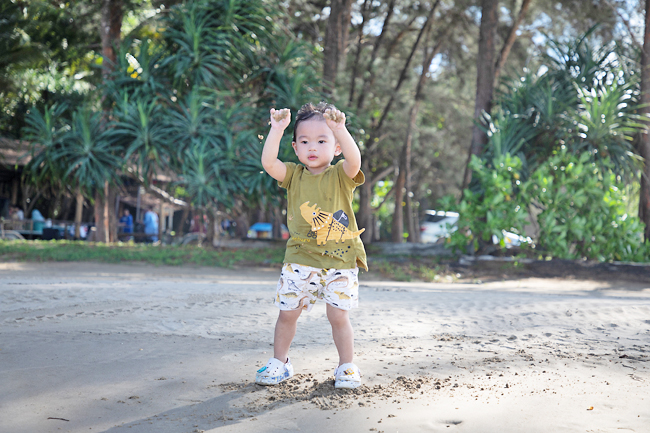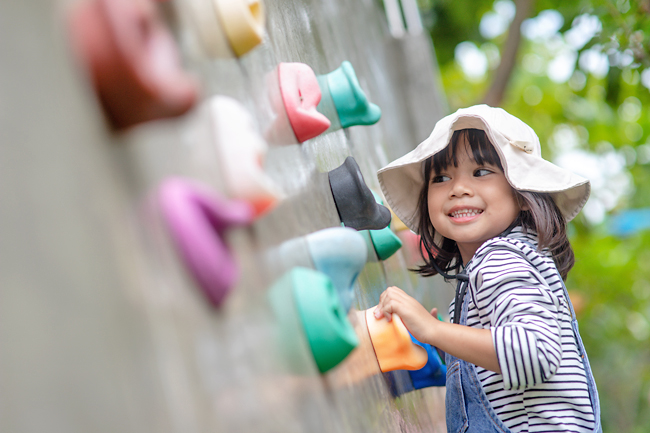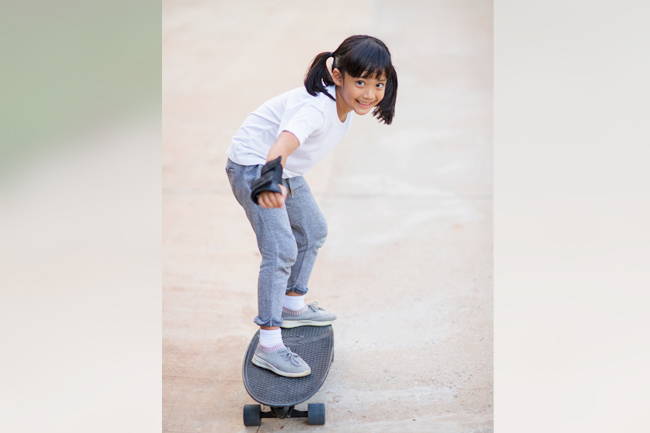ANN/THE STAR – Play isn’t just for kids; it’s essential for teenagers, adults, and even seniors. Across various settings, gamification enhances learning, social interaction, and personal development.
Whether in academia, the workplace, or rehabilitation centres, play fosters well-being beyond just academic growth. It promotes positive socialisation and pleasure, ultimately enhancing overall quality of life.
Therefore, encouraging children, particularly in free play, is crucial from the outset. Recent studies led by Professor Helen Dodd from the University of Exeter, United Kingdom, reveal that when children have autonomy in choosing what, who, and when to play, they develop a deeper understanding of the consequences of their choices.
Such opportunities for children to have control and choice in their play help to develop problem-solving skills, a sense of accountability and socio-emotional regulation skills.
They can also explore what they enjoy and learn more about what motivates them. This brings a sense of autonomy and independence, both strong contributors towards pleasant emotions and well-being.
Even adults benefit from being allowed such opportunities and autonomy to explore and develop themselves at the workplace. The trust to be independent towards personal growth is one of the main ingredients to thriving at work.
As such, with children, it would help not to jump in and rescue them from making any form of inaccuracies or mistakes. This too, is part of their play. Mistakes allow space for problem-solving and opportunities to develop the empowerment to ask for help.
According to Dodd: “It’s very normal to be a bit anxious when children are doing something a bit risky, but try to respond to what the child needs, rather than your own emotions.
When we jump in too soon, we may become overprotective.”
THE UPSIDE OF MISTAKES
In my years of teaching History of Psychology at the university, we have seen many instances of historical characters developing their legendary and groundbreaking ideas from personal failures and pains. Such “aha!” moments also come from free play.
At times, play would involve a number of risks. These kinds of play are known as adventurous play, where child-led play involves experiences of excitement and thrill as well as apprehension or fear, usually within the context of age-appropriate risk like climbing on the monkey bar, sliding down from a tall slide or even bungee jumping.
We know from various research that time spent playing in adventurous ways is linked to better mental health. Children who engage in adventurous play experience longer durations of positive moods, and report overall lower levels of anxiety and depressive symptoms.
They are also exposed to more anxiety-provoking situations in which they learn how to better manage their emotions.
Adventure breeds curiosity, and curiosity breeds energy. Think of the last time you were on some kind of fun mission – a treasure hunt, for example. Most likely you were excited in seeking clues to find answers. This kind of energy can be a strong sense of motivation that helps you focus. At the same time, there is a sense of glee in the process.
When children go through the same thing, you can expect them to light up and have a generally fun time moving about and exploring the environment, learning new things and experiencing a sense of achievement, especially when they overcome experiences of anxiety and fear.
When children are engaged in such curiosity, their senses are more heightened and they are better prepared to receive multiple sensory stimulation that also help facilitate brain development.
Adventure is something that also typically involves nature. Dr Jessica Ching from the University of Melbourne, Australia has a recent study suggesting that children’s access to nature and nature play, plays a significant role in their social and emotional learning.
There is evidence to suggest children’s ability to connect with their own emotions and to regulate themselves through natural environment. In nature, children can better experience how they respond to their surrounding that is different from their daily surrounding of being at home or at school (unless you live in a rural area with more nature).
Adults can facilitate children’s understanding of how they feel and how they can express their feelings as they explore nature freely. Again, such sensory stimulation helps generate brain development that can facilitate further learning.
LOW-COST ACTIVITIES
It’s also important to note that free and adventurous play is generally very low cost. There is no need for expensive toys or access fees to a theme park (unless it’s bungee jumping – but please do not try this at home!). You only need good imagination and some creativity, as well as the zeal to try out new things and exploring the unknown.
Dodd added, “What’s really interesting was that the positive effect of adventurous play seems stronger in children from low-income families compared to high-income families.”
Perhaps, if free and adventurous play is something that can be facilitated for children in the general community, we can better address our growing statistics of troubled youth. – Dr Alvin Ng Lai Oon






